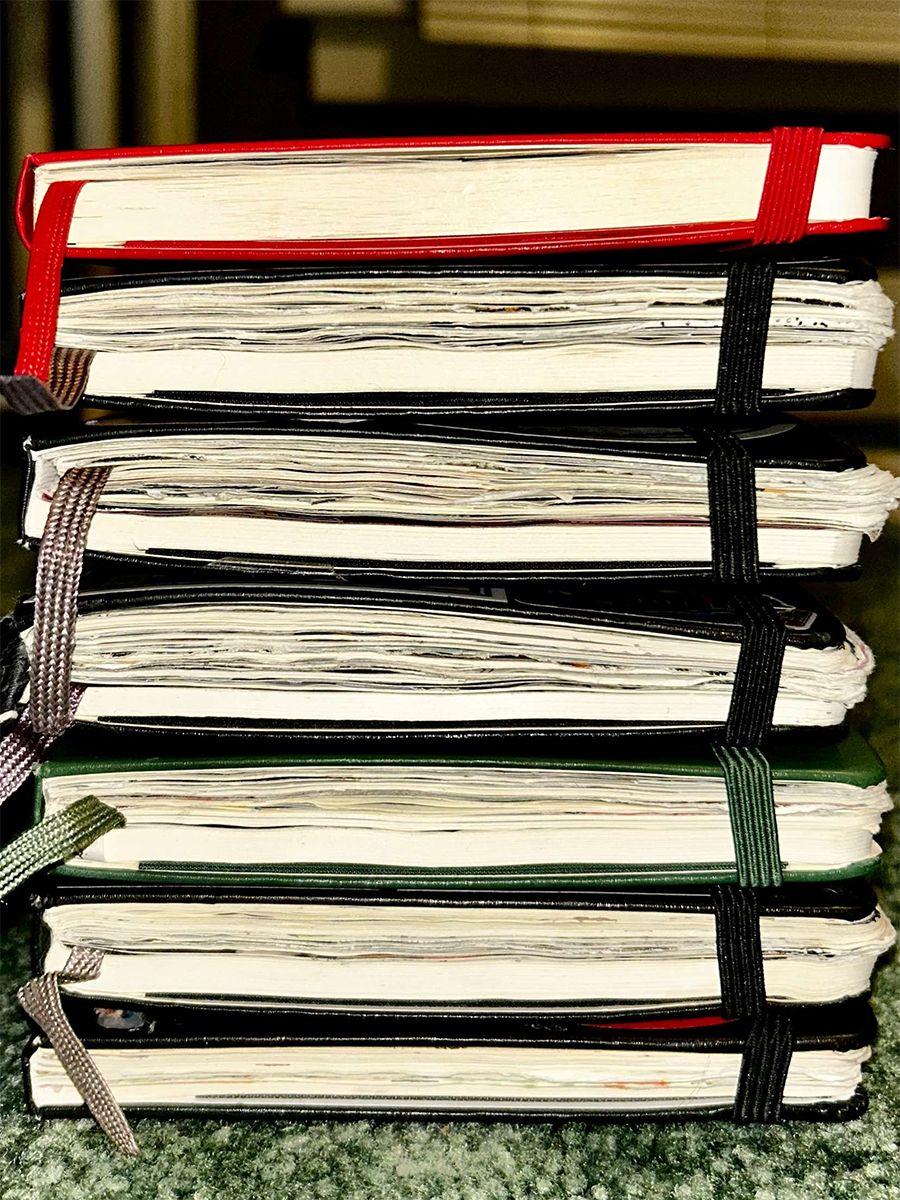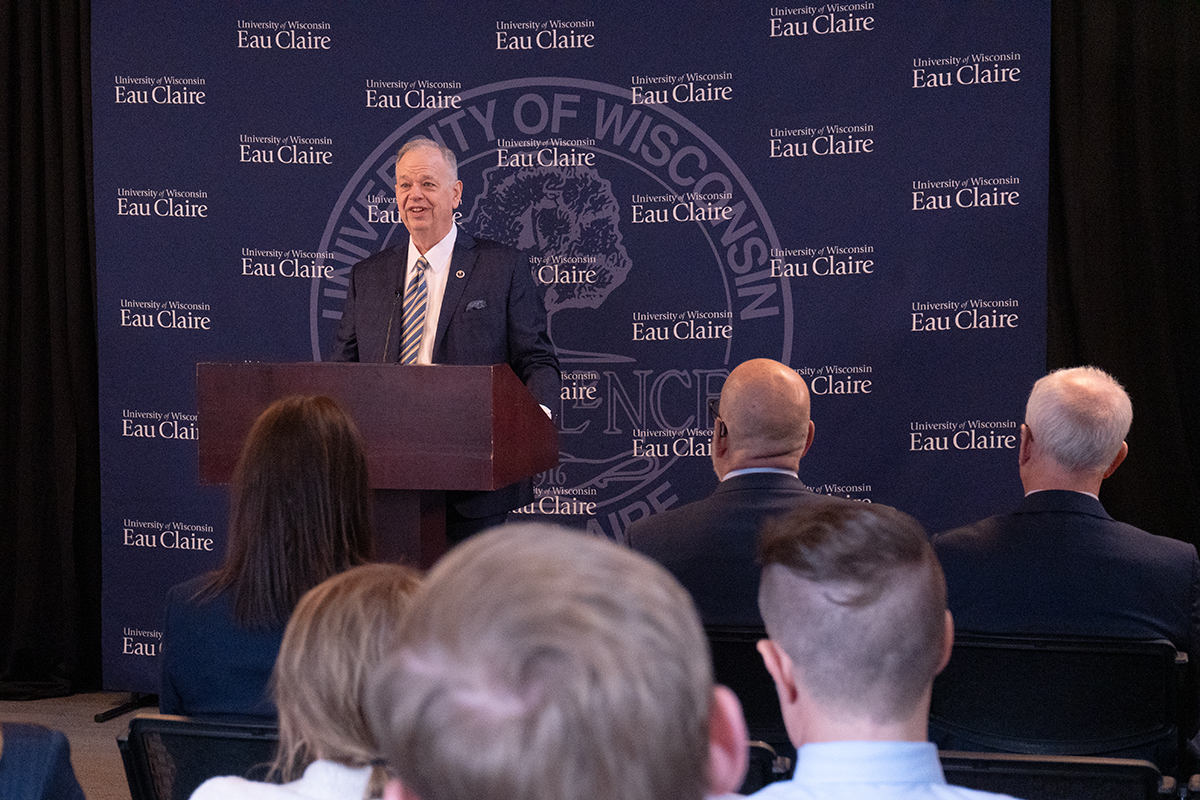I was shocked when I recently found out that in several parts of the world it is entirely possible to receive a six figure speeding ticket.
To date, the largest fine ever assessed was a $200,000 ‘slap-on-the-wrist’ in Finland, according to an article on AOL Autos. The article reported that the man who received the ticket was doing 50 in a 25 mph zone.
An excessive speed — yes — but not beyond what many ill-advised college students have done before.
So, how could such a steep punishment for such a petty crime ever be justified?
I know I wouldn’t be able to afford paying even one percent of that amount at this stage in my life. On the surface, it certainly seems like an alarming amount.
However, a further look into the way these fines are assessed reveals that not only would I not be subject to these extreme amounts, but also that the $200,000
punishment in this case was completely appropriate.
For starters, the 27-year-old man who received the fine was the heir to a European meatpacking “empire,” according to the article. In 2002 alone, records showed that the man made $11.5 million.
So, instead of getting the standard $500 to $600 fine we are all used to, he received a fine that was proportionate to the amount of money that he made, which was $200,000 in his case.
In countries where fines are determined by income — most notably Finland and Denmark — courts use a formula to decide how much an individual should be fined.
This means that college-aged people would never have to worry about paying these extreme amounts (unless they were the heir to a meatpacking empire). In fact, a fine might even be lower than the standards we are used to, depending on their annual income.
When I realized how these fines were assessed and that Finland had been using this system since 1921, I immediately began to wonder why this wasn’t more prevalent in our country.
To me, it seems like the U.S. system is currently set up with a bias towards people who have more money, and that is a problem.
Realistically, if you were a multi-millionaire who owned a $400,000 Lamborghini that could go 200 mph, what’s stopping you from driving at excessive speeds?
I’m not saying I’d ever try to reach the car’s top speed, but I know I would at least want to drive the fastest speeds I could without losing my license.
When you have that kind of money, a ticket in the hundreds — or even thousands — of dollars is hardly a deterrent.
And, what about the other end of the spectrum? You know, a single parent with three children who works multiple jobs just to get by.
For someone like that, receiving a ‘small’ $40 parking ticket for forgetting to move their car to the other side of the street during the winter might be getting punished much more severely than the system intends.
This disparity in punishments is the problem I have with the current system we have in the U.S. Not only are the wealthy being under-punished, but the poorer people are being over-punished.
I am in no way trying to make excuses for those who break the law. Even if I don’t always agree with them, I realize why it is important for members of our society to abide by them.
With that said, I would love to see a similar system adapted in the U.S., especially as people continue to suffer in our tough economic climate. Heck, fining rich people large amounts might even help us cut into the massive debt our country is facing.
When it comes down to it, having a system in place that significantly benefits those with more money is not only illogical, it’s just plain wrong.













